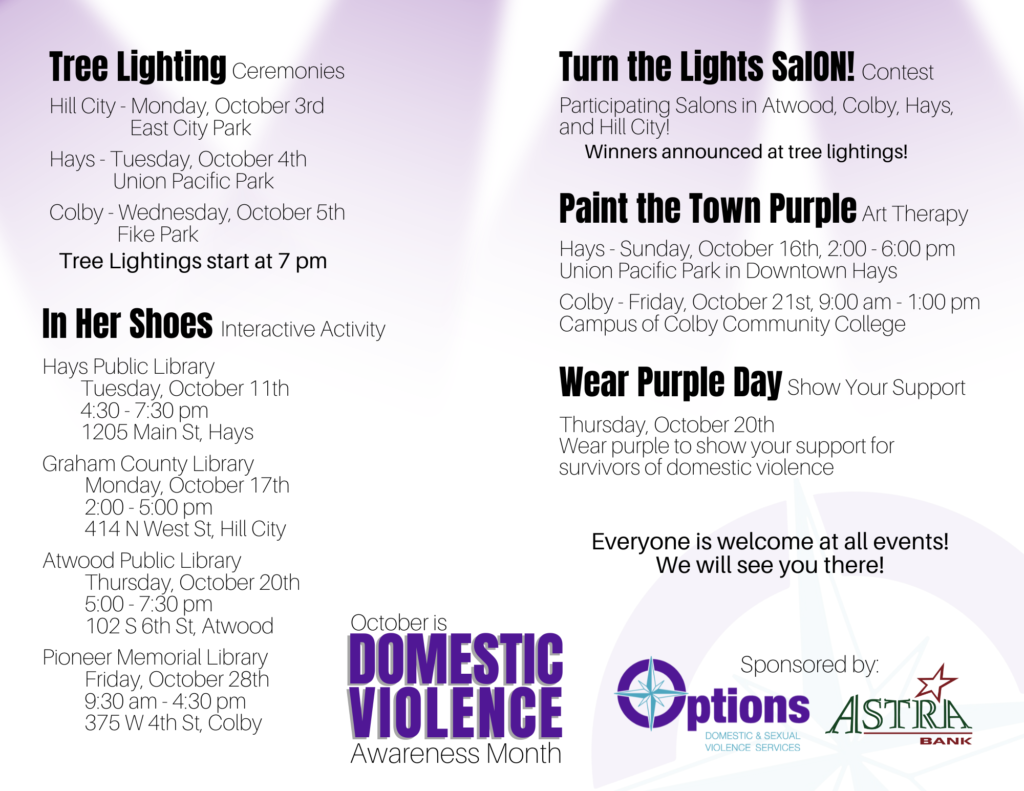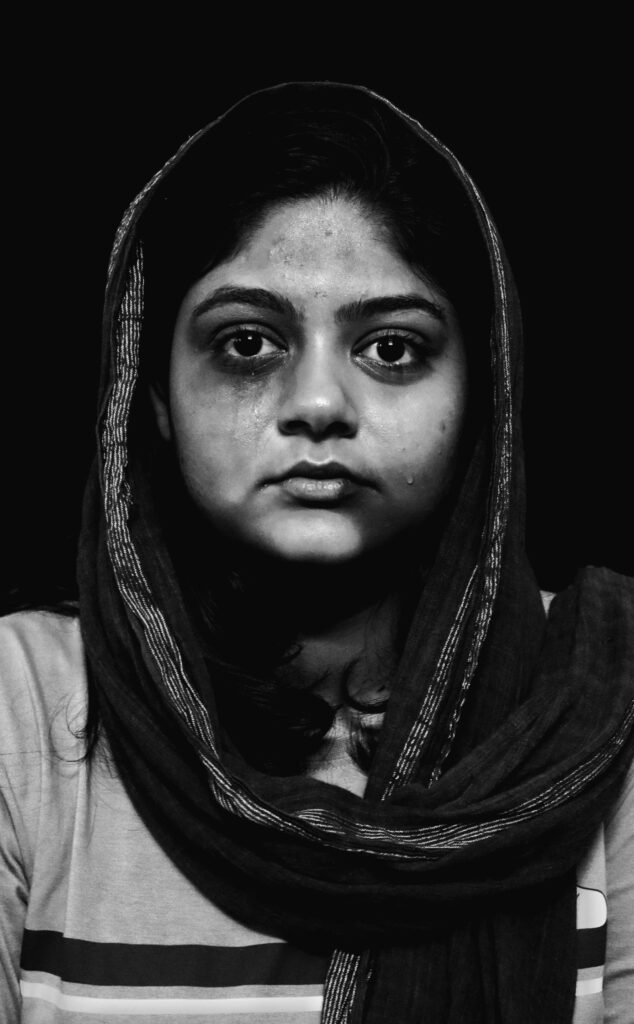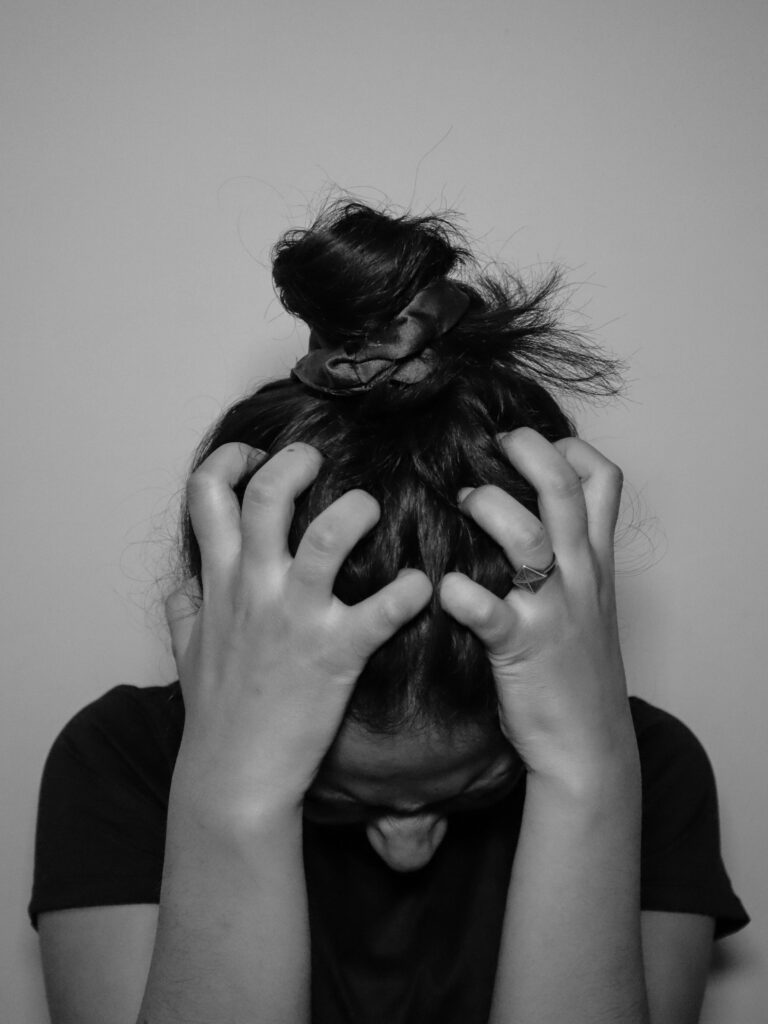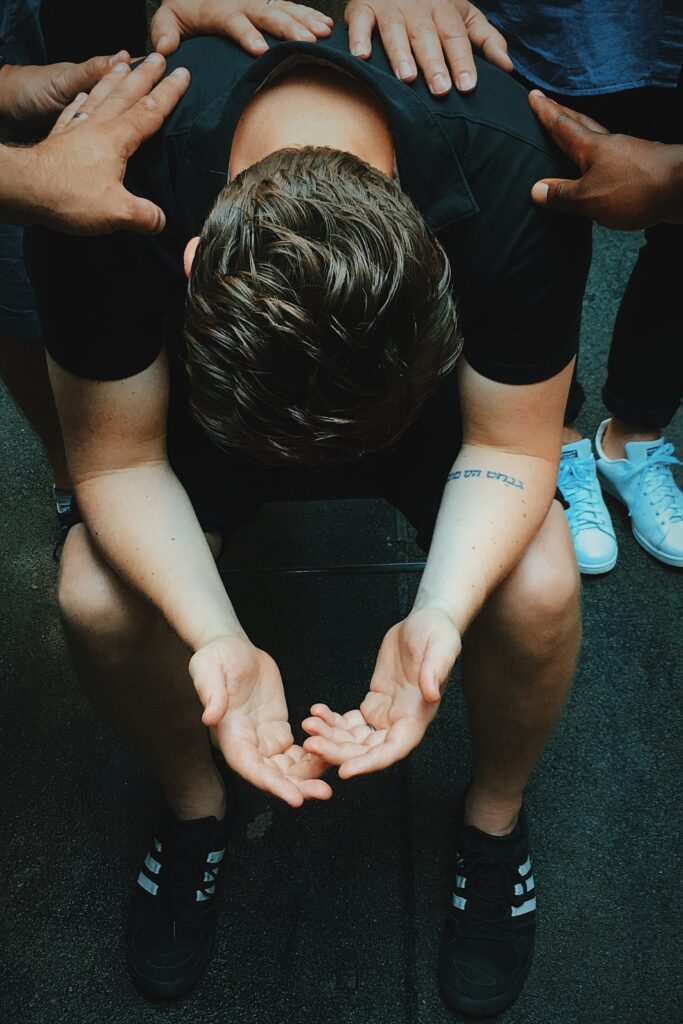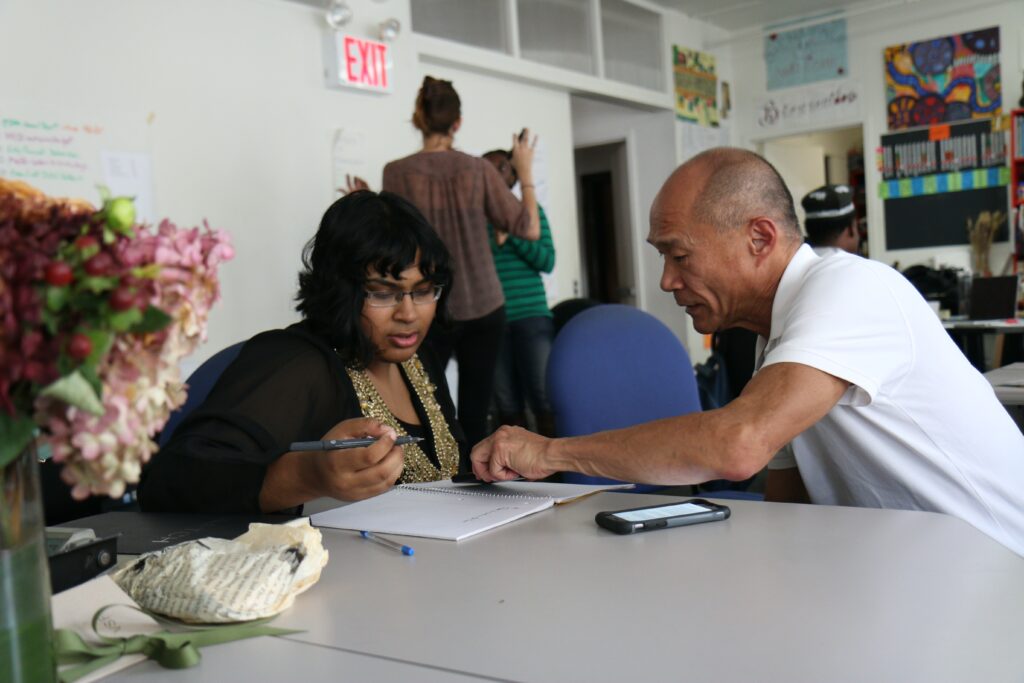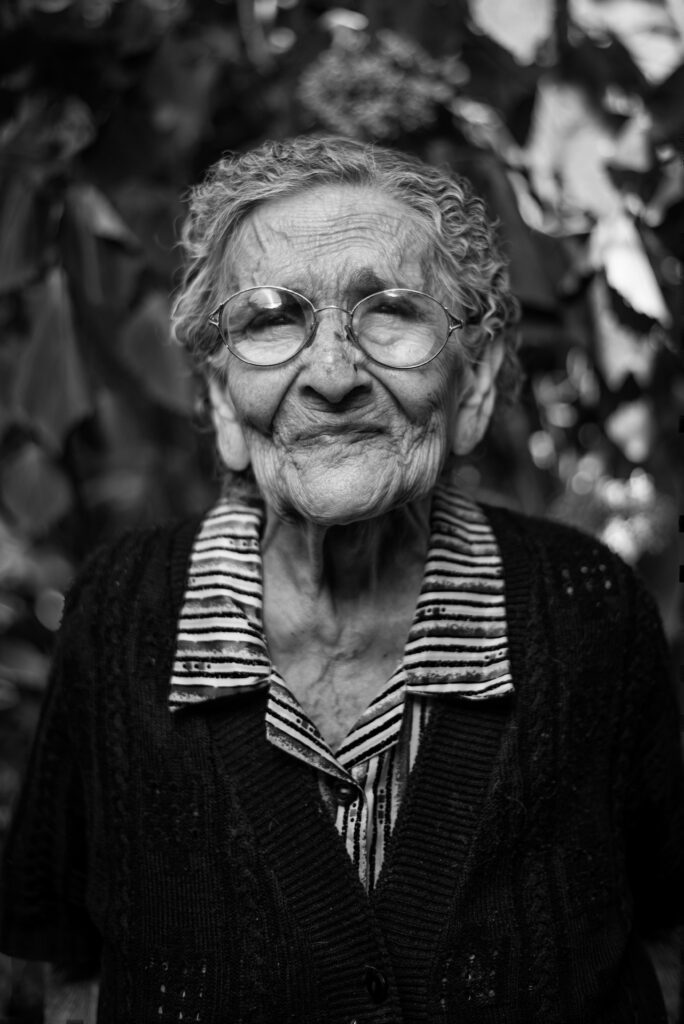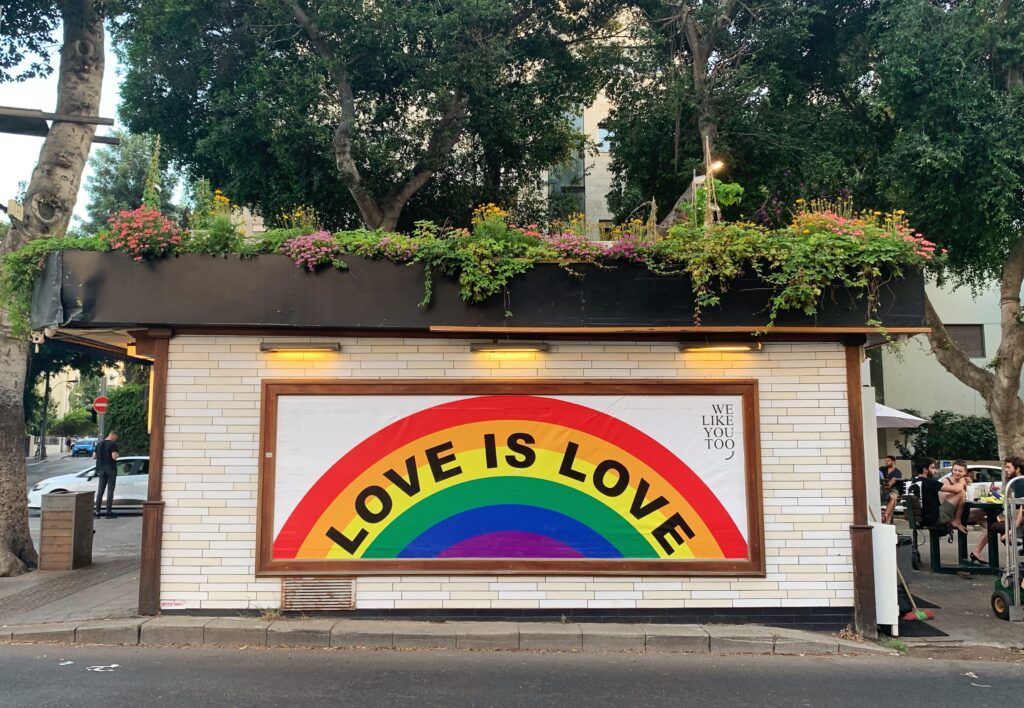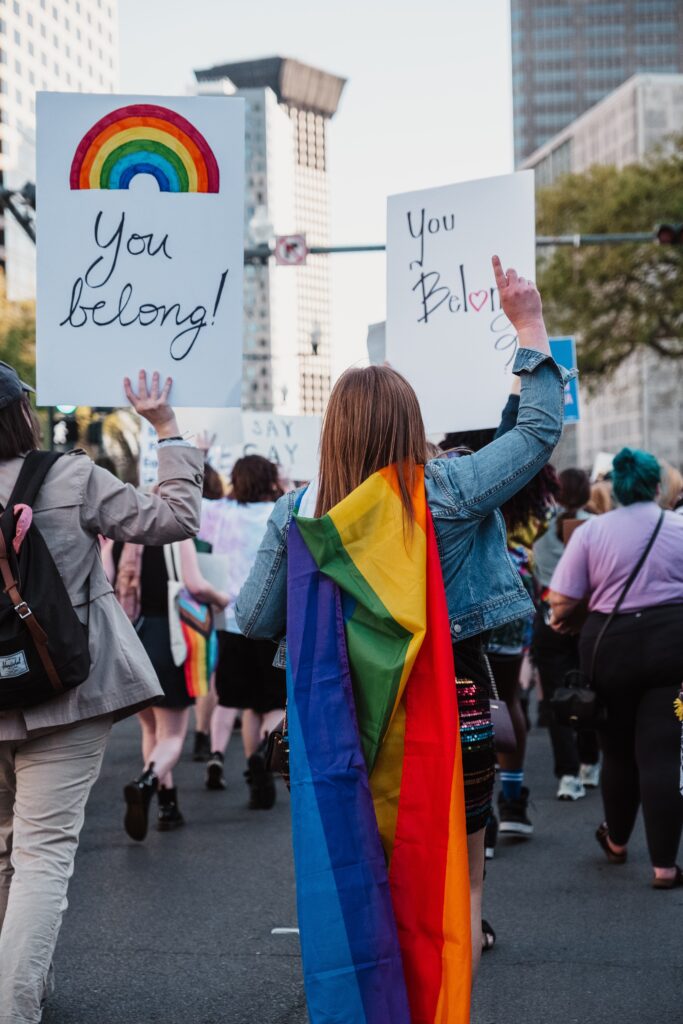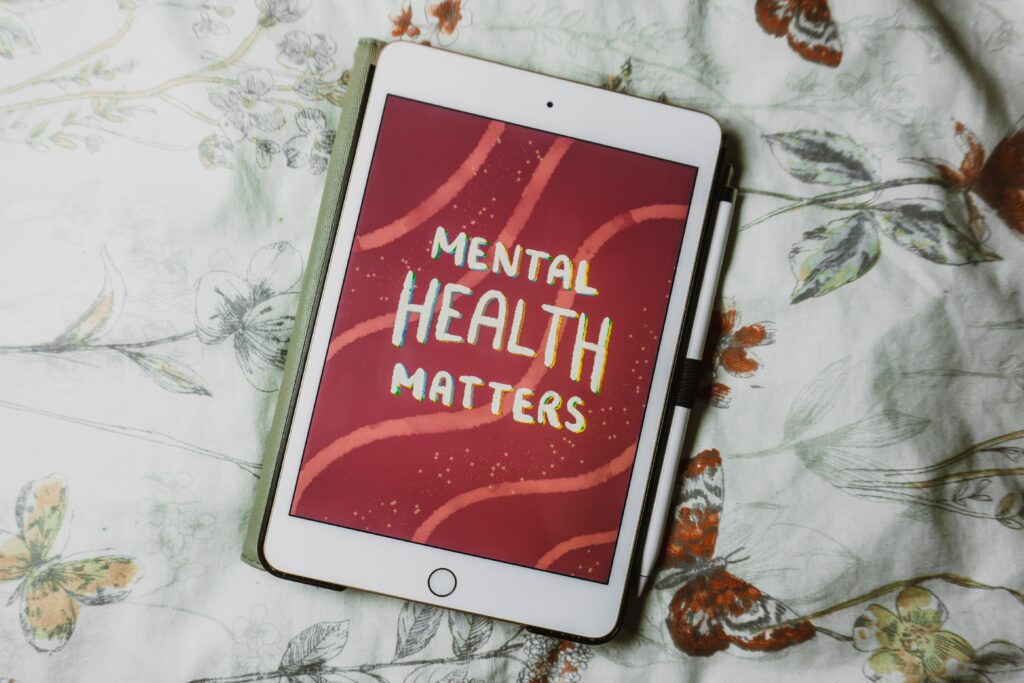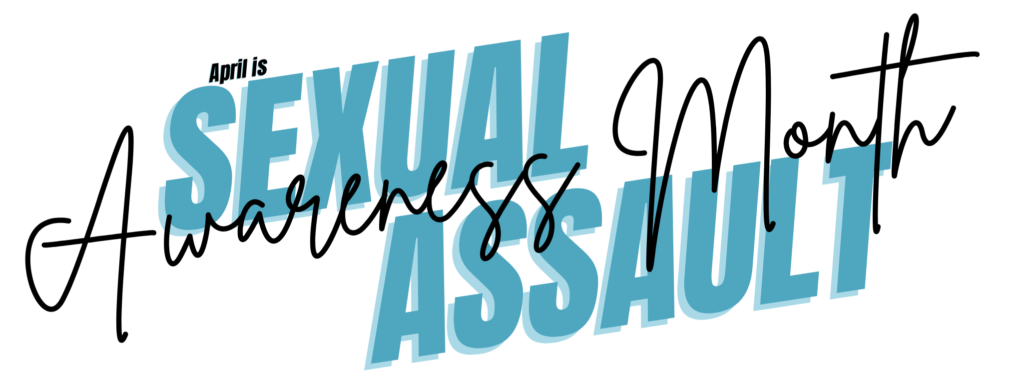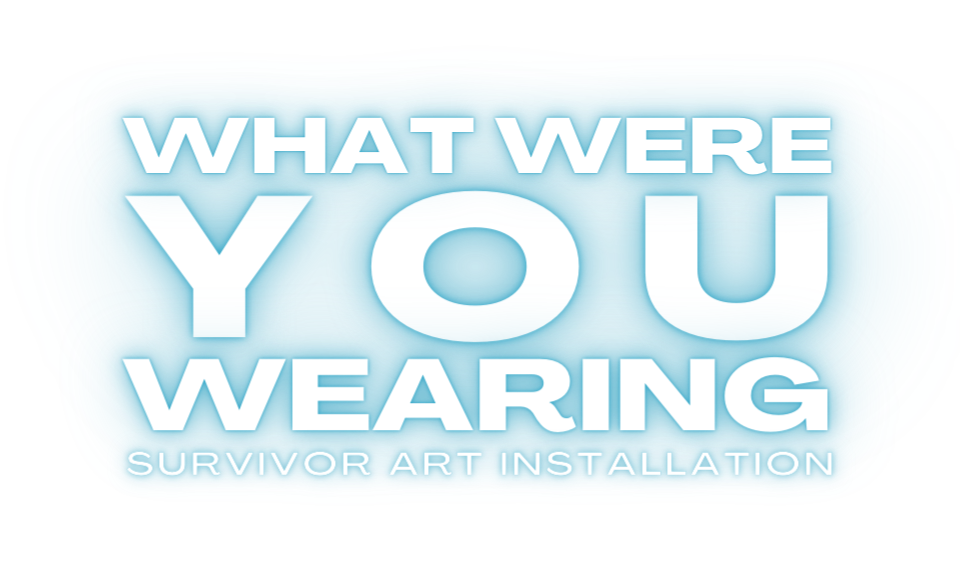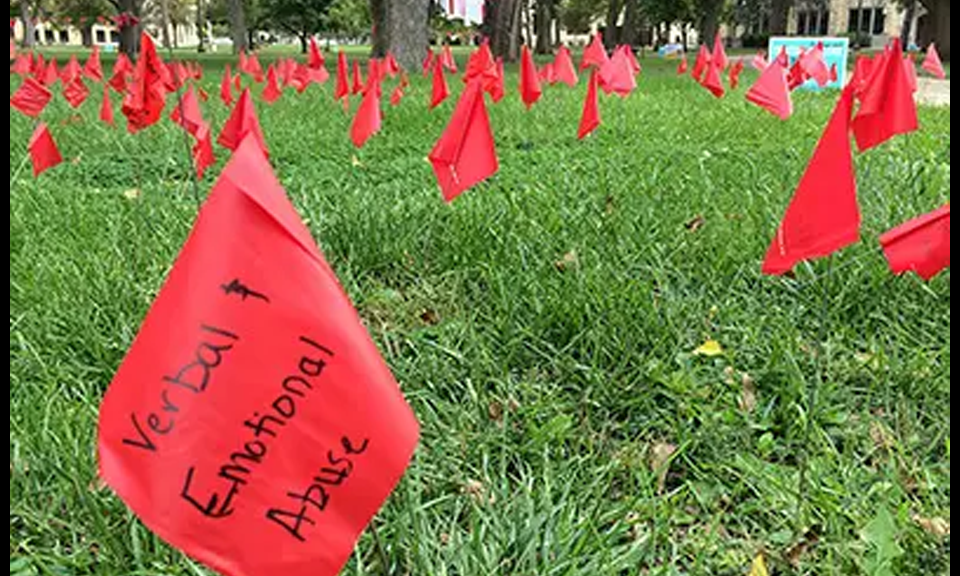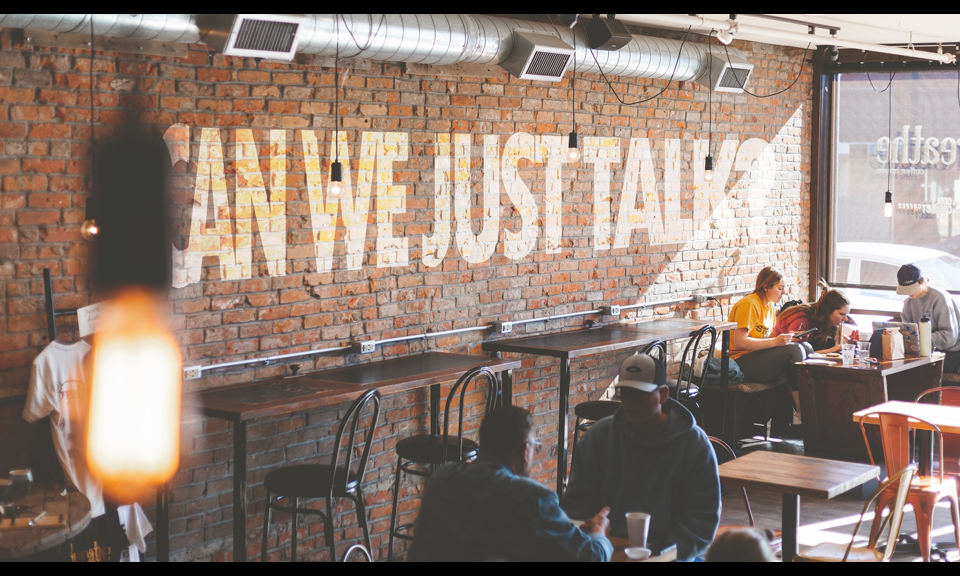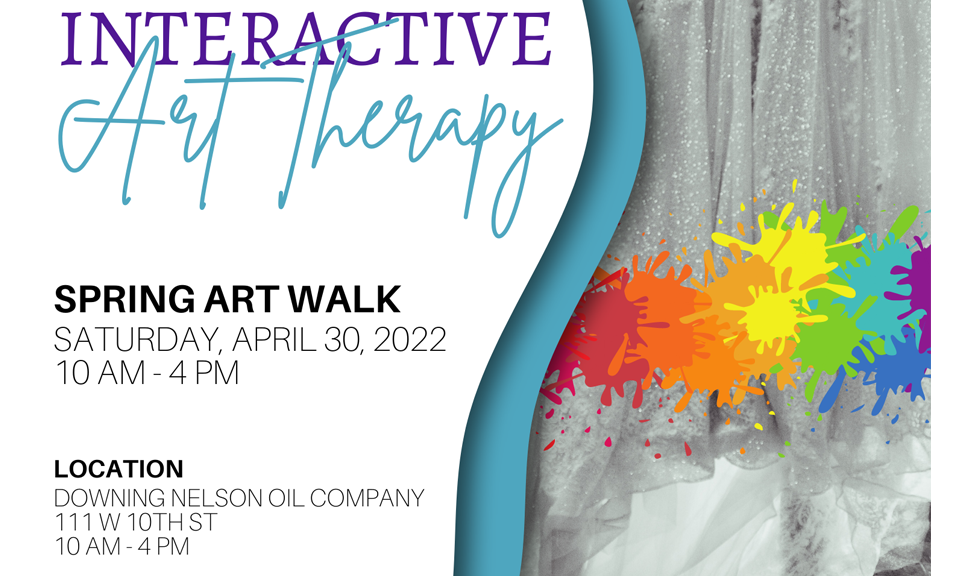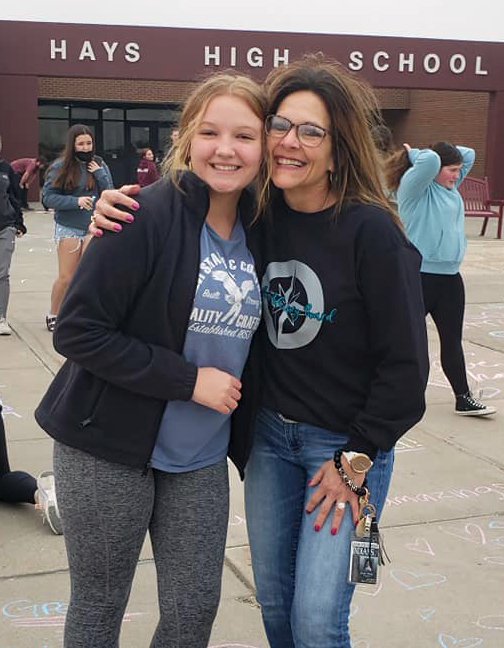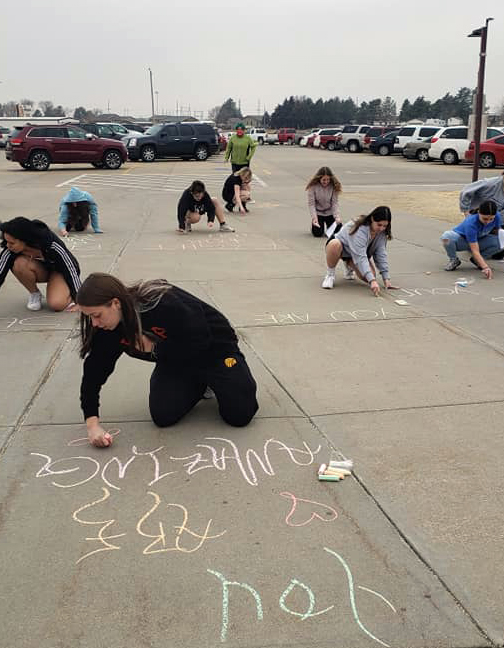On average, it takes 7 attempts for a victim of abuse to permanently leave the relationship.
Leaving is considered to be one of the most dangerous times in a domestic violence situation. Abusers will repeatedly go to extremes in order to keep their victim from leaving. The Bureau of Statistics reports that each day in the US, three women are murdered by current or former intimate partner. In interviews with men who have killed their wives that either threats of separation by their partner or actual separations were most often the precipitating events that lead to the murder.
This reality is what kept Sarah (not her real name) from leaving her abuser.

“I have children who need their mom,” she said. “He would threaten to shoot me any time I would pack a bag. He’d watch my every move for weeks if I even hinted that I was thinking about leaving. I couldn’t risk it when I know how much my kids need me.”
Sarah recalls that she attempted to leave her abusive partner over 10 times.
“I was just afraid to tell anyone what was going on. I hid this secret for years. I couldn’t handle any more judgement,” she said. “I didn’t want anyone to think I was weak for going back. I don’t think I was weak, though. I was just so, so scared. I had to deal with a man who was twice my size threatening to kill me if I walked out of our front door. He ruined my self-esteem. He called me names daily. I put up with it because I was afraid.”
A victim’s reasons for staying with their abusers are extremely complex and, in most cases, are based on the reality that their abuser will follow through with the threats they have used to keep them trapped. These threats could be that the abuser will hurt or kill them, they will hurt or kill the kids, they will win custody of the children, they will harm or kill pets or others, they will ruin their victim financially – the list goes on.
The victim in violent relationships knows their abuser best and understands the extent to which they will go to make sure they have and can maintain control. The victim may not be able to safely escape or protect those they love. A recent study done by the American Public Health found 20% of homicide victims were not the domestic violence victims themselves, but family members, friends, neighbors, persons who intervened, law enforcement responders, or bystanders. So, to put it simply, sometimes victims of abuse will not leave to protect those outside of the relationship that they care for.
Along with retaliation violence from an abuser, here are a few other reasons a victim of abuse may choose to stay:
- Unsupportive friends and family.
- Knowledge of the difficulties of single parenting and reduced financial circumstances.
- The victim’s lack of knowledge of or access to safety and support.
- Fear of losing custody of any children if they leave or divorce their abuser or fear the abuser will hurt, or even kill, their children.
- Lack of means to support themselves and/or their children financially or lack of access to cash, bank accounts, or assets.
- Lack of having somewhere to go and a fear that homelessness may be their only option if they leave.
- Religious or cultural beliefs and practices may not support divorce or may dictate outdated gender roles and keep the victim trapped in the relationship.
- Belief that two parent households are better for children, despite abuse.
- The victim feeling that the relationship is a mix of good times, love and hope along with the manipulation, intimidation and fear.
Another survivor, Laura (not her real name), shared that her abuser had fully manipulated her into believing that he would change.

“I so badly wanted to think that things would get better, that he was just having a rough time at work or that the holidays were stressing him out,” she said. “When things were good, they were so good. I don’t think people understand that.”
Laura explained that her abuser would go through periods of showering her with positive attention. He would buy her flowers weekly, he treated her to nice dinners, he’d compliment her regularly, and he would offer to help with chores around their home.
Slowly, though, Laura said that these acts went away and were replaced with violence.
“It’s like he was holding all of these nice things he used to do for me over my head,” she said. “I remember the first time he hit me on the back of the head, and the next day he sent me flowers to my office. When I’d try to talk to him about it, he’d get defensive and say that the flowers were his apology, and I should be over it by now.”
Laura said she desperately wanted to believe that the good times would return to their relationship.
“I had seen what he was like before the abuse started. That’s the man I fell in love with,” she said. “It was almost like clockwork. He’d go months of treating me amazingly and then a switch would flip, and he’d start telling me I was worthless, stupid, fat, and annoying. Then he’d start hitting me if I didn’t clean the house the right way or say the right things to him. It was hell.”
Both Sarah and Laura are survivors of abuse from Northwest Kansas. They have bravely shared their stories to bring awareness to domestic violence and the challenges victims face when they are attempting to leave an abusive relationship.
Thanks to organizations like Options Domestic & Sexual Violence Services, Laura and Sarah are now living away from their abuser and free from abuse.
Options is celebrating Domestic Violence Awareness Month. Be on the lookout for more blog posts from us during the month of October, including information on how you can help individuals who are in abusive relationships.
If you need any additional information, have a question, or a concern, feel free to reach out to Options at our 24-hour toll-free helpline 800-794-4624. You can also reach an advocate via text by texting HOPE to 847411 or click 24-Hour Chat with Options.
Written by Anniston Weber



